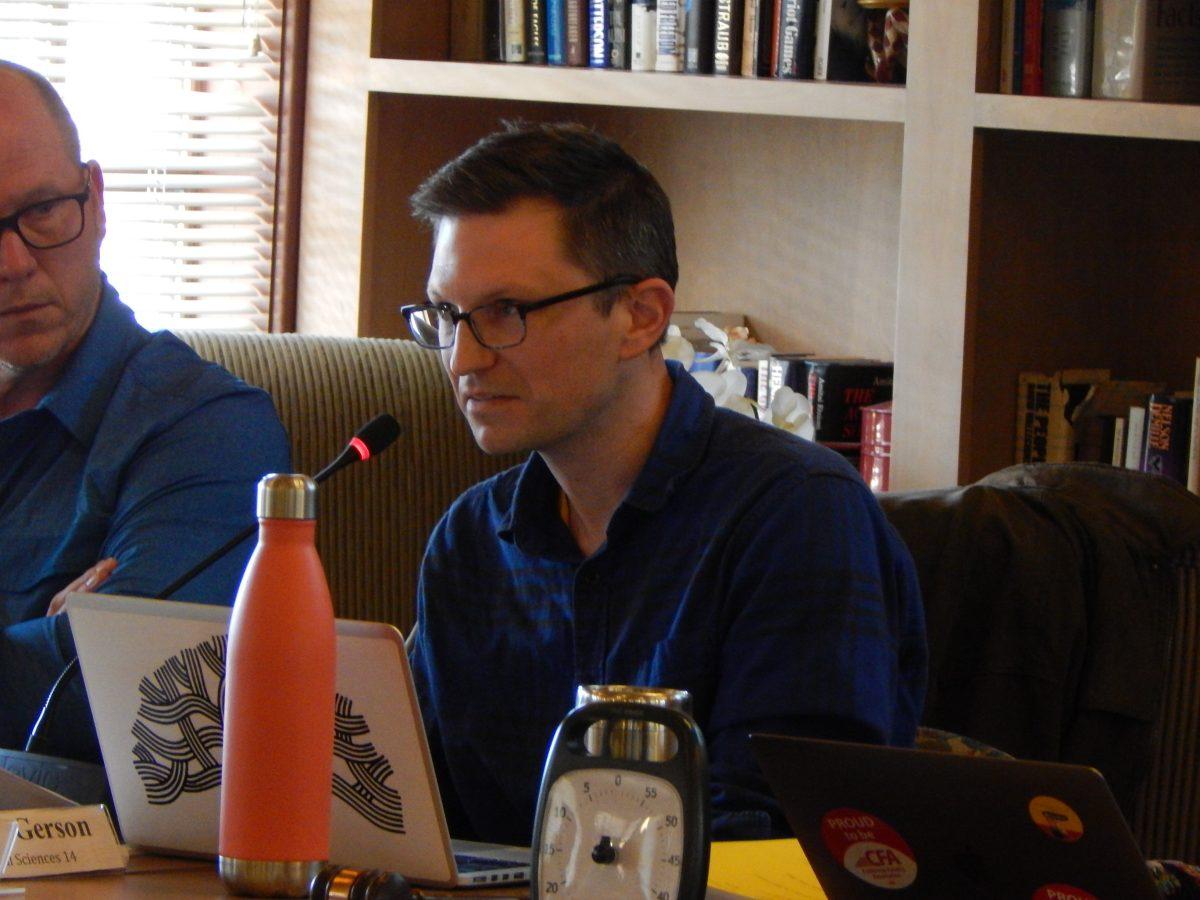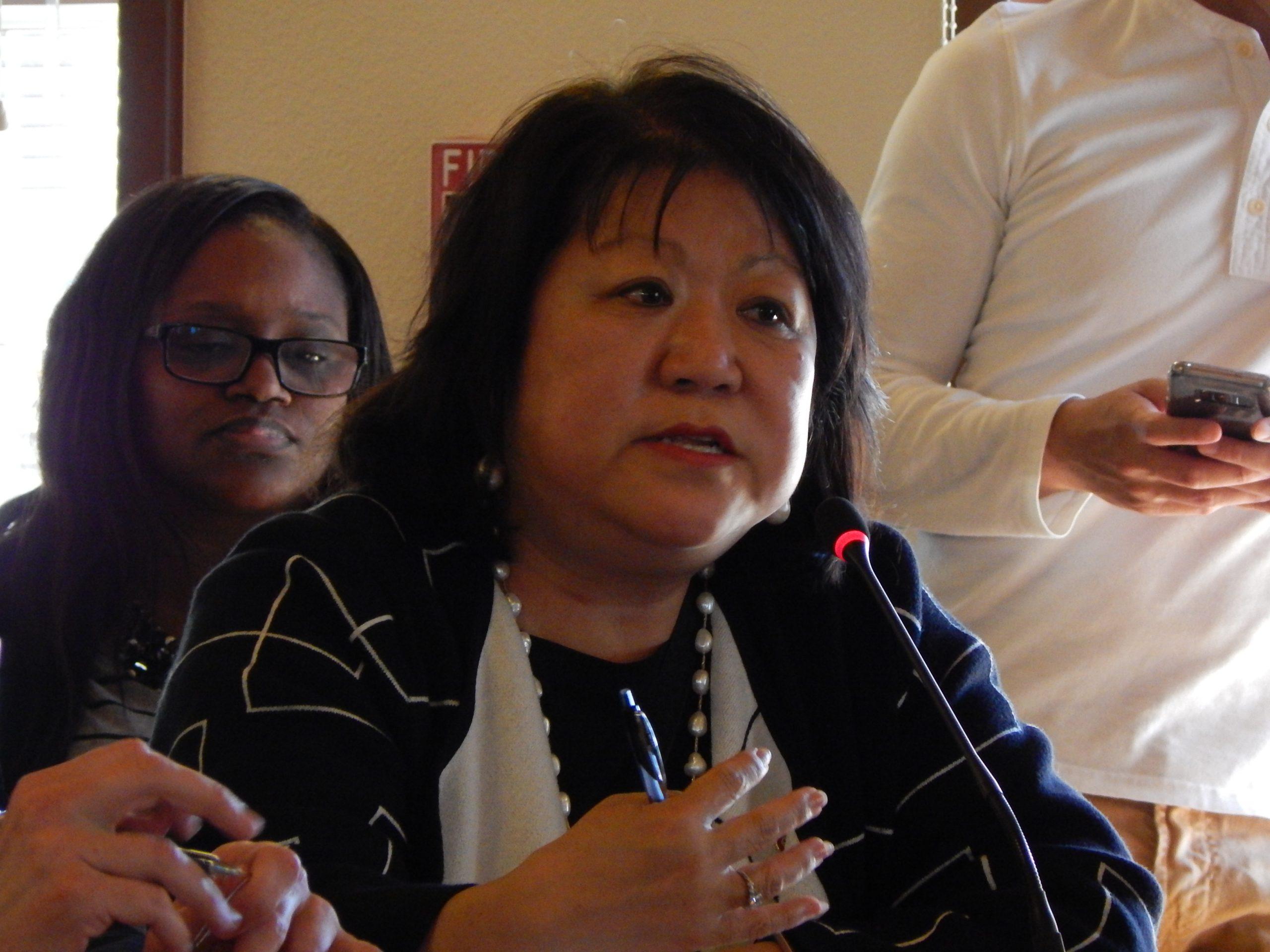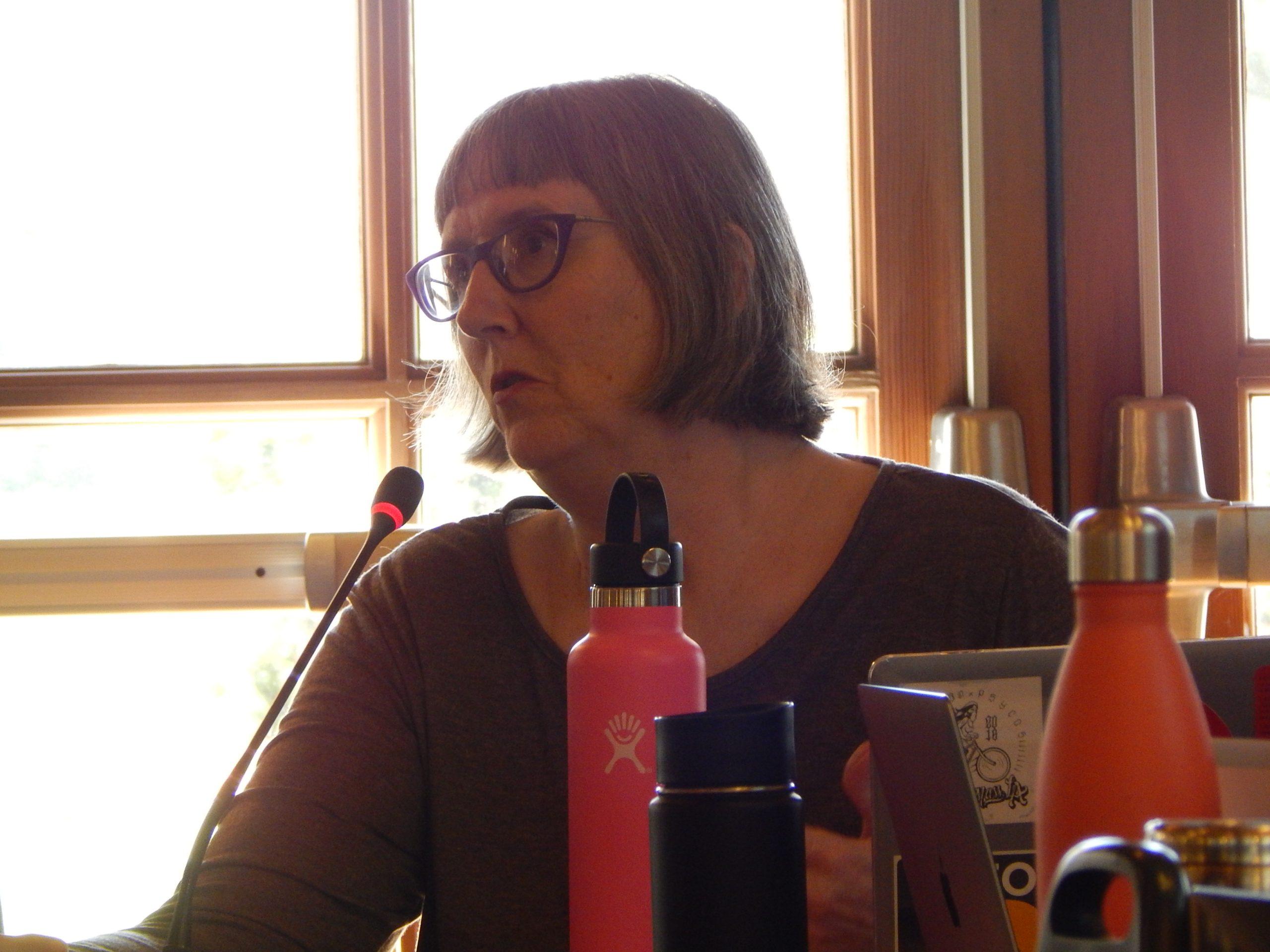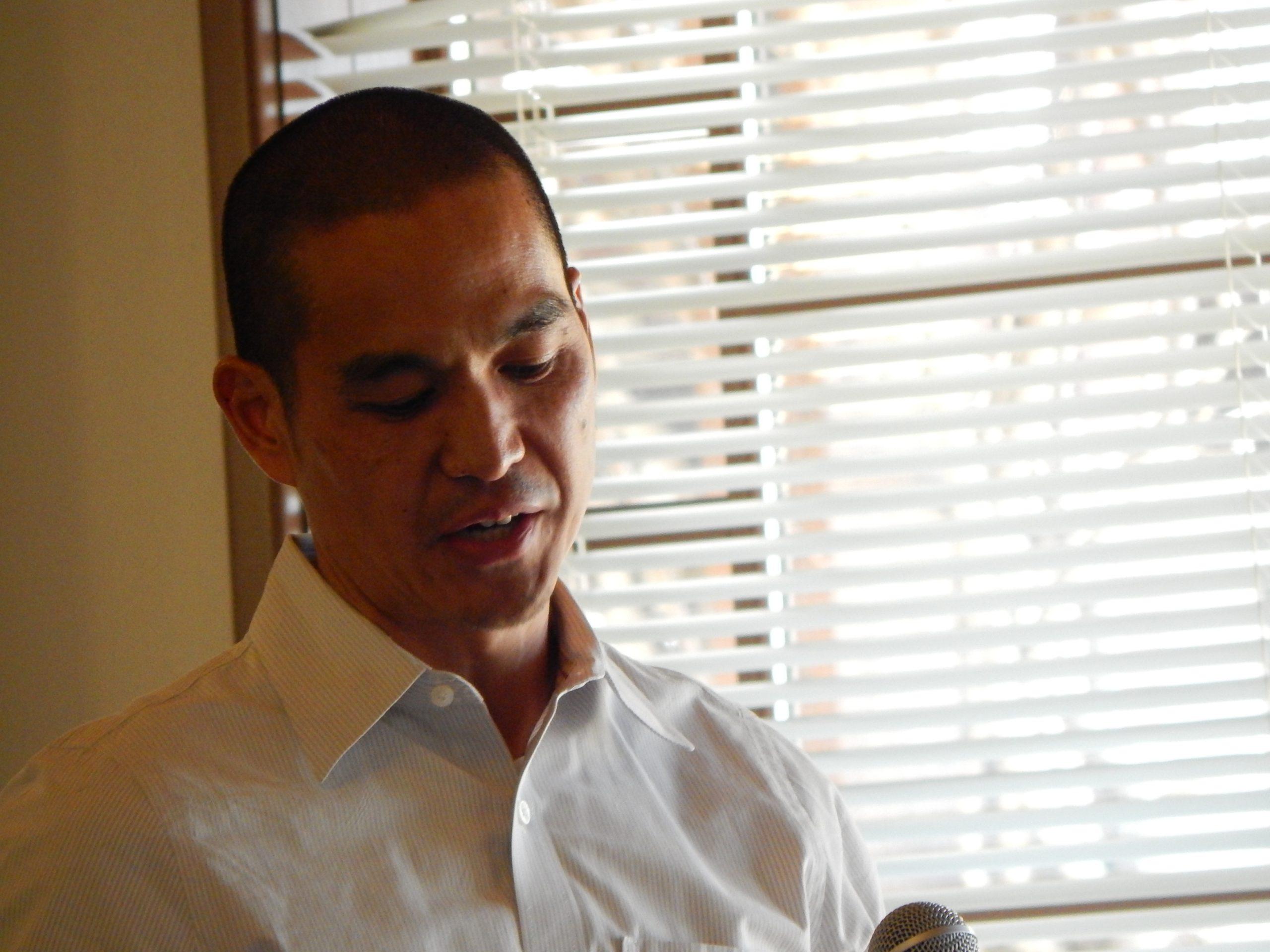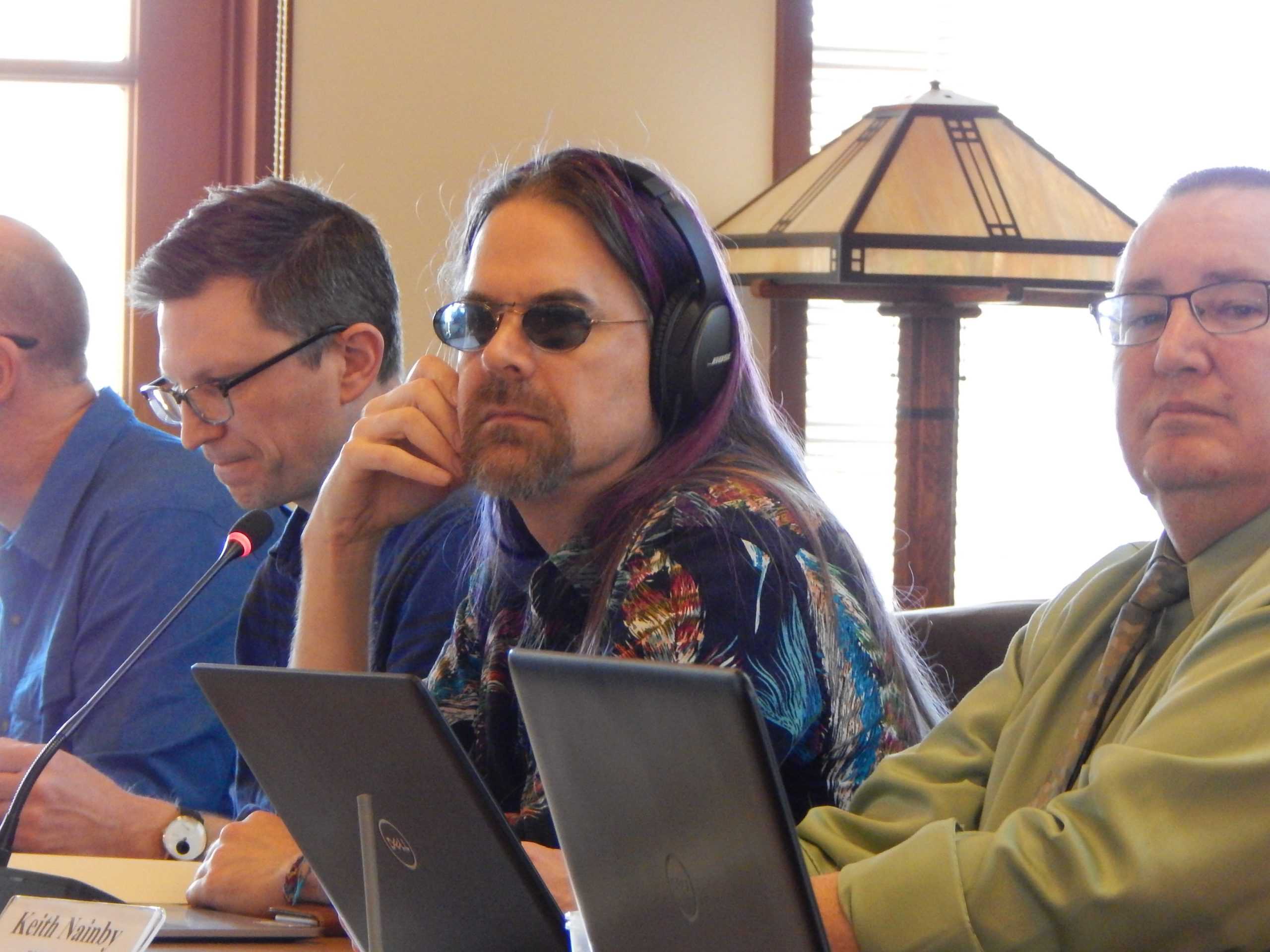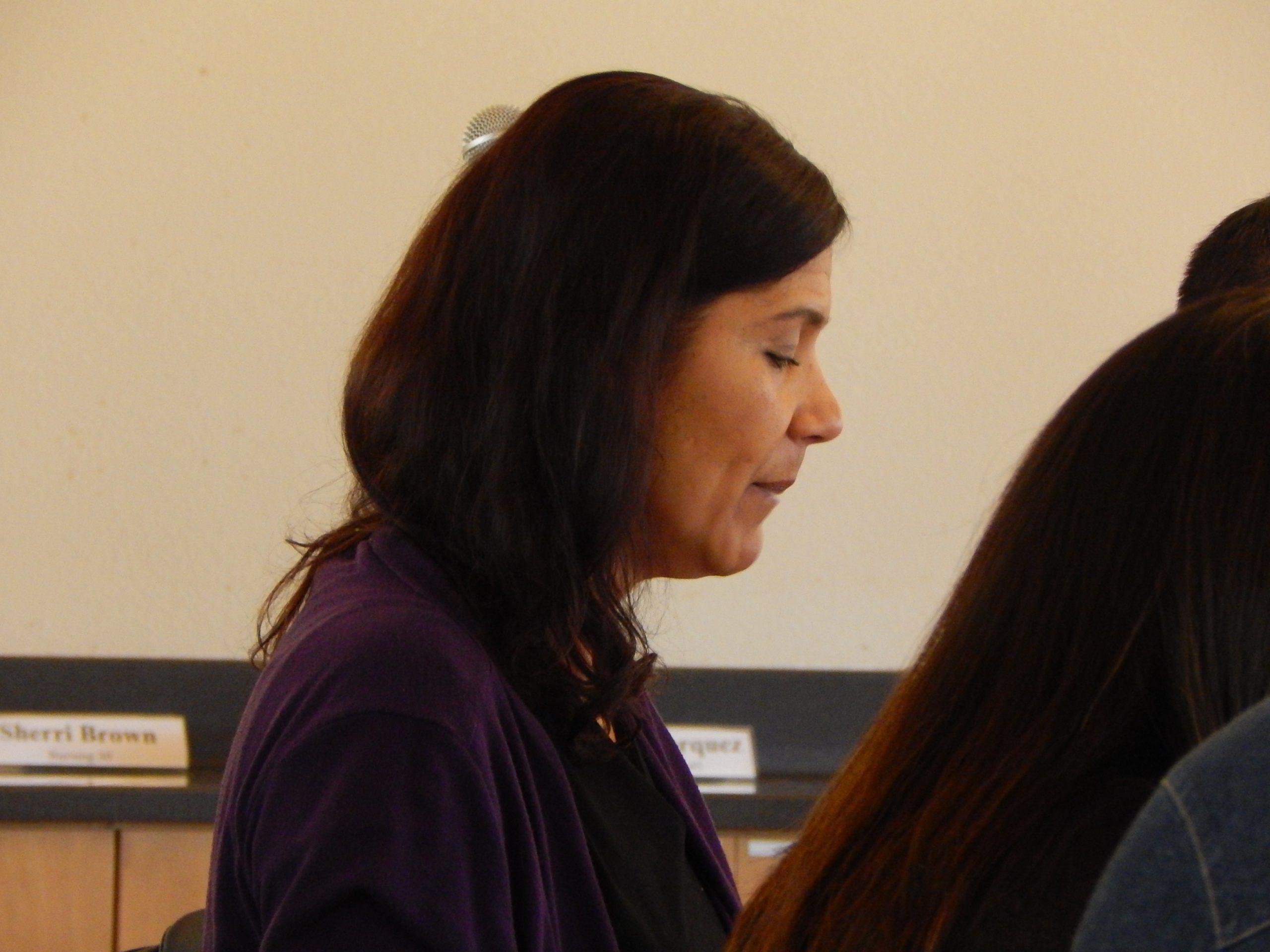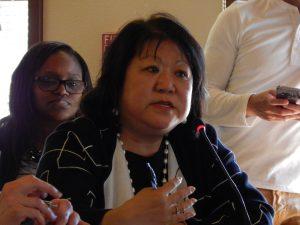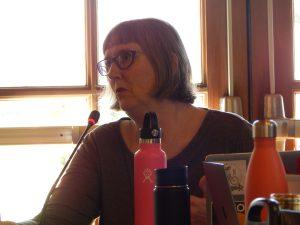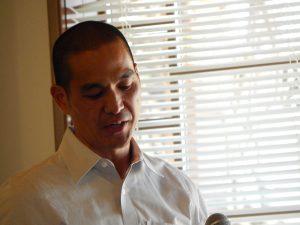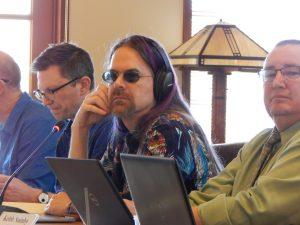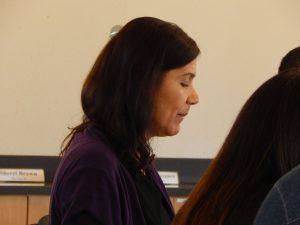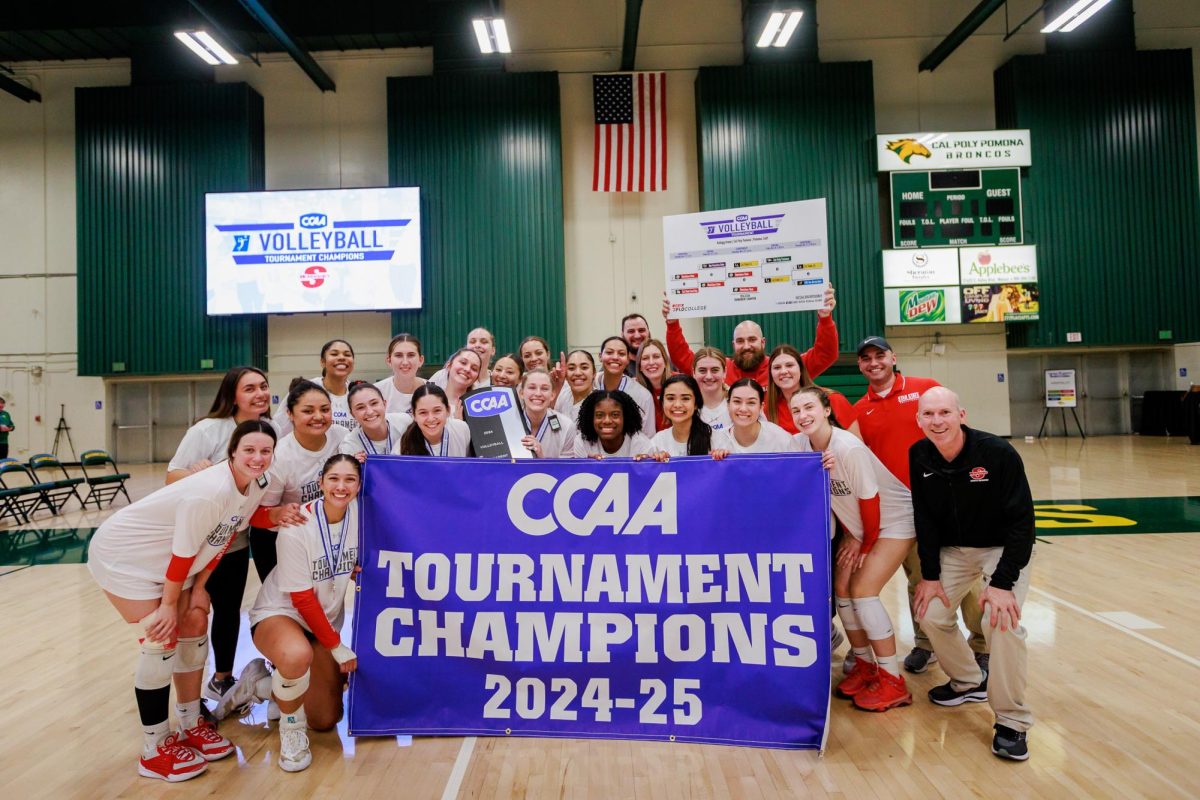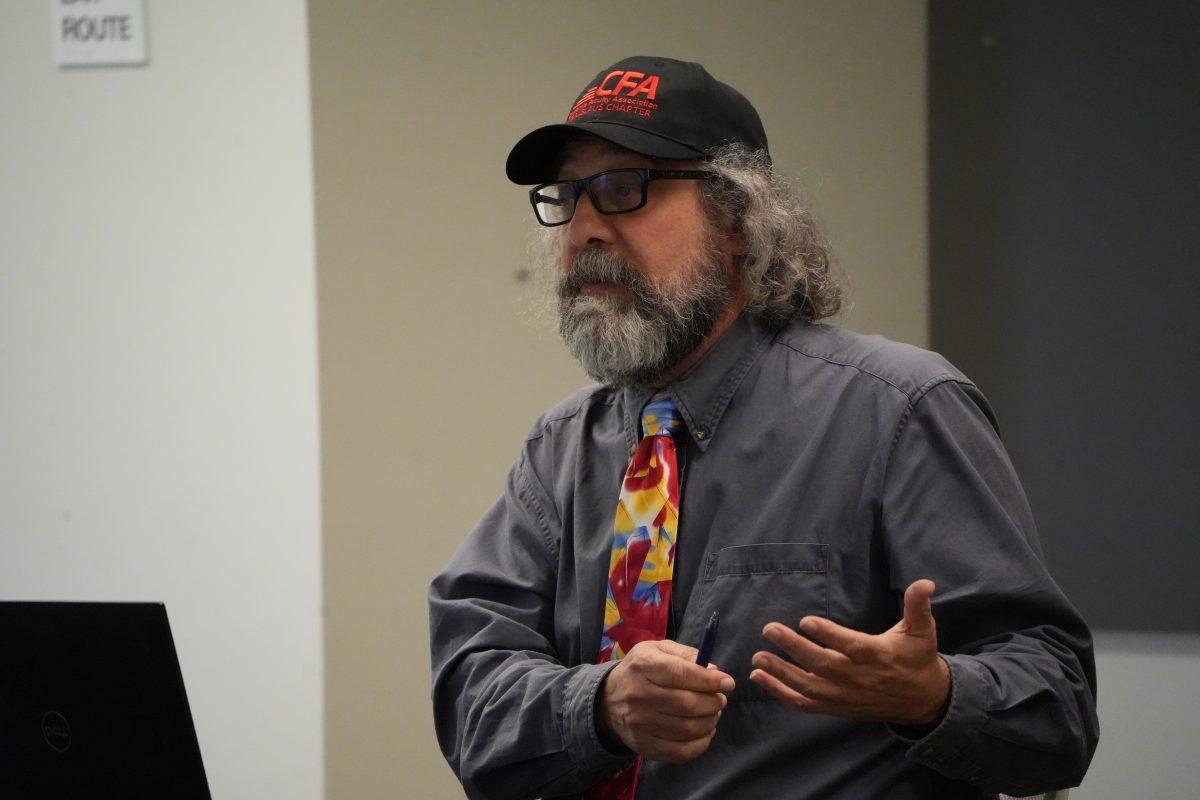The most recent Academic Senate meeting was this Tuesday and there were many proposed plans and policies.
After general announcements, the three plans that were introduced were the GE Assessment Plan, GR APR, and Active Technology Plan. These three plans are in the process of being developed and will be presented to the Senate in the near future.
Dr. Matthew Cover, a Biological Sciences professor, introduced the topic of turning the M.S. in Ecology and Sustainability Program into an M.S. in Bio Sciences program. Dr. Cover proposed this idea in hopes of broadening the already existing program.
Even though this proposal was sent and rejected by the Chancellor’s office, Dr. Cover settled on proposing to the Academic Senate the idea for a pilot program in order to localize the operations to Stan State.
Dr. Cover said, “part of the rationale for pursuing this is that we already have program director in place, we assigned time, we already have the curriculum in place, in fact, the courses are already on the schedule for Fall of 19 to Spring 20 because we were counting on the success of this other approach, and we already have students identified who are ready to start this program.”
He went on to introduce a Second and Dual Degrees and Concentrations Policy. This policy has been draft for graduate students interested in pursuing a second or dual Master’s Degree or concentration.
Dr. Cover said, “it is important to have a university-wide policy so that if students have this question, there’s at least a starting place, where they can begin thinking about whether this is something they’d like to pursue.”
Dr. Keith Nainby, the Department Chair of the Communication Studies Department, turned the presentation over to Dr. Daniel Soodjinda, the Vice-Chair of the President’s Commission on Diversity & Inclusion.
The Diversity Action Plan was presented to create and promote culture on campus that promotes diversity. This plan offers a list of tasks in order to make sure this plan is being implemented. Dr. Soodjinda presented the latest version that was created based on previous feedback.
Dr. Soodjinda began by addressing the impact that the action plan will have, but also addressed the importance of it. He said, “We realized that it will likely impact every single department on campus, but that’s okay because we feel that it’s quite necessary. It’s necessary because, as an institution that values and celebrates diversity and inclusion, it’s important we hold ourselves accountable and that we are critically reflective and making sure that all voice is visible, heard, and celebrated.”
Dr. Soodjinda went on to address four key additions to the plan; the action plan’s introduction, the language added to certain tasks, the language in relation recruitment and retention that has been added to the action plan, and the language in relation to support added to the action plan.
Next, the discussion was open to feedback from the Senate. One of the topics that were brought up was including the action plan for selecting candidates for a position.
Professor Cynthia DeCure, a Theatre professor, brought up the need for support of new faculty. She recalled having one job candidate that visited campus. DeCure said this candidate “did not have any support other than from me at that time.” She describes it as “almost like putting a person into a fish bowl.”
In regards to the plan, she added that she does not feel the plan goes far enough because of the different lenses people evaluate each other with. Dr. DeCure said, “Sometimes, that lens does not see aesthetics outside of their own life experience. So we also have to look at the way that we look at what we evaluate a candidate based on what they offer to this campus and the filter and the lens and the live experience of the people who are interviewing this candidate.”
Dr. Ann Strahm, the Department Chair of the Sociology Department, thanked Professor DeCure for her comments and recommended any feedback she had to add for the plan. She also emphasized that the plan gives faculty and departments “an opportunity for accountability.”
President Ellen Junn was the next to speak and she expressed her gratefulness for the willingness to implement a detailed plan on diversity and the need for the plan. She also mentioned the timelessness of this plan because of the recent white supremacy activity.
Dr. Nainby introduced the proposed modified Department Chair Policy. This policy focuses on clarifying the responsibility and the purpose of the roles of department chairs.
Dr. Nainby explained that the policy that was modified has not been updated since 1986, which resulted in changes to the language. He also explained that other modifications were based on the reviews of staff and the department chairs as well as other changes to the language in order to adjust to the type of work done by department chairs, like avoiding the phrase “performance review” for department chairs.
The last few actions of the Senate meeting was the vote and approval of two new policies, the Incomplete Grade Reporting Policy and the Leave of Absence Policy, which were both created to clarify and detail the respective processes.
The next Academic Senate will be held March 26, the Tuesday after spring break.
Edited for rewording in Paragraph 13.

